CRN Exclusive: SimpliVity CEO Kempel On Competing With Cisco, AWS, And How VARs Can Win In The Hyper-Converged Market
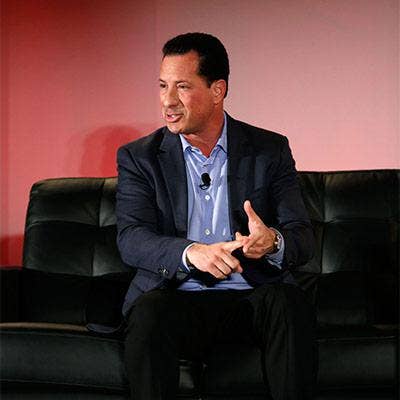
Kempel Talks Competition In The Hyper-Converged Space
The number of competitors, including large legacy hardware vendors, crowding into the white-hot market for hyper-converged infrastructure is growing. But SimpliVity CEO Doron Kempel says that simply lends legitimacy to the market.
After watching from the sidelines as start-ups SimpliVity and Nutanix collected hundreds of millions of dollars in venture investments, HP and Cisco, the latter a key SimpliVity partner, recently jumped into the hyper-converged market with solutions of their own. Hyper-convergence refers to software that allows for the combination of compute, storage and virtualization to run on x86 servers.
And while Kempel told a roomful of analysts, journalists, customers and partners at SimpliVity's Connect event in Boston this week that Cisco's move into the space with its HyperFlex solution isn't ideal for the companies' tight relationship, he remained confident that SimpliVity can do something he says it has done very well thus far: Win deals. SimpliVity, Kempel said, wins 80 percent of the deals it competes for.
What follows is an edited excerpt from CRN's interview with Kempel.
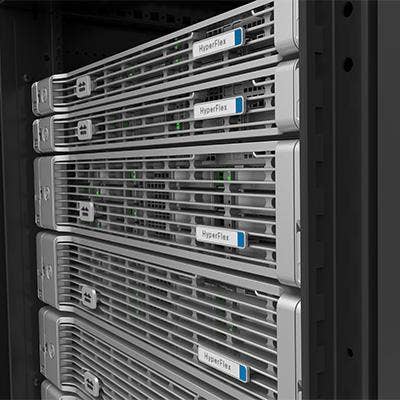
What's your take on the competitive landscape in the hyper-converged market now that HP and Cisco have decided to get in on the action in earnest?
We welcome the fact that more large vendors are validating the space. We haven't run into those competitors yet, so it's hard for me to say how good their products are, etcetera. But of course, we like the fact that there's legitimacy to this category that in my view eventually eats all of IT infrastructure. My view is 10 years from now looking back all IT workloads will run on hyper-convergence, whether it's SimpliVity's or somebody else's.
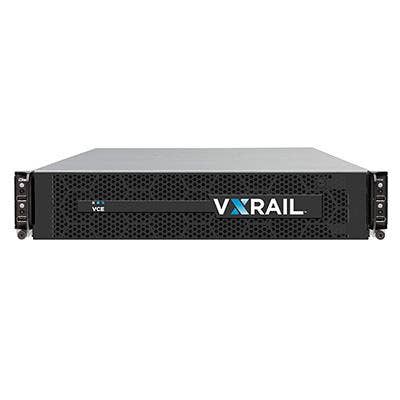
Do you have any opinion on EMC's new VxRail? Why is a SimpliVity/Cisco solution better?
Let me explain why I think a SimpliVity solution is better. We'd love for you, Mr. Customer, to choose it on Cisco servers or other servers, but only SimpliVity offers the best of both worlds. On one hand, cloud-like simplification and economics, which means customers run their IT on-site, according to the Evaluator Group, at 22 to 49 percent of the cost that it would take to run the same payload on AWS. On the other hand, [SimpliVity is] offering complete enterprise capabilities, such as performance, resiliency, protection, unified global management and of course, our well-known data efficiency. So when we speak with customers, in 80 percent of the cases, they choose SimpliVity. Eighty percent of the qualified opportunities end up choosing SimpliVity against any other vendor, which means what happens in the market is vendors are very good at showing brochures with a lot of check marks on all their capabilities, but once you meet with SimpliVity personnel and we show you a demo, or you speak with our customers, the proof is in the pudding.
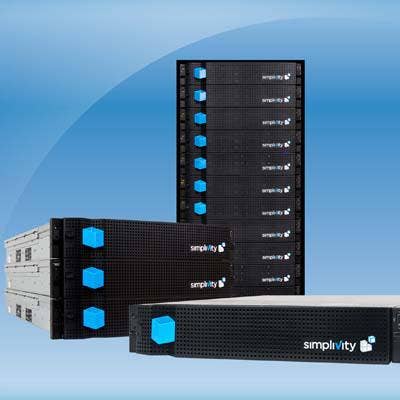
How close are you to being able to offer SimpliVity on any server a customer wants?
Technically, we're able to do that. If you're a large customer and you say Doron, or SimpliVity, I'd like to run you on Server ABC, within three months of a meeting we can do that. But we'll speak with you and see whether or not economically that's the best thing to do. In order to move from the current platforms that are mainly Cisco, Lenovo and Dell, we just need another effort. We have servers of third parties in our lab that we haven't yet qualified at [general availability] level.
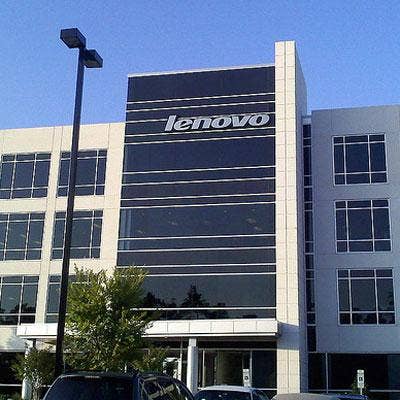
Of those three, the Lenovo relationship is the newest. When do you expect that relationship to begin bearing fruit?
Interestingly, that relationship began bearing fruit for us weeks after we [announced] it. In the first month of selling with Lenovo, we did about $1 million, most of it in Europe. So we already had customers in Q4 last year.
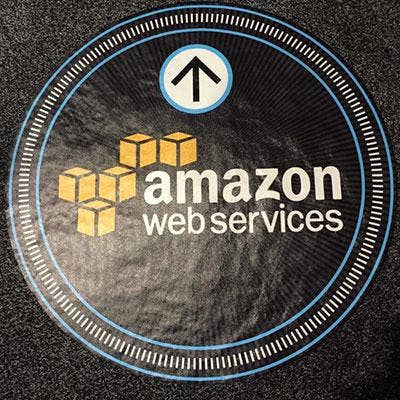
Is that a big part of your value proposition versus something like AWS?
I'd say the value proposition, if you think about it from the perspective of the VARs, and the end-user perspective, choice is very important. So we've developed a platform, we call it the data virtualization platform, it runs today in VMware, and everybody knows we're working with and will soon be delivering [Microsoft] Hyper-V and KVM; it runs on any x86 platform, it runs under any management and any orchestration layer. It can run on any cloud provider. That choice gives customers great ability and options long term, but also the VARs. Now a VAR can decide which server vendor they want to relieve quota against. This is a great choice. When we speak with VARs, they typically have one or two brands of servers they prefer, and that allows us to work with them very well. The VAR gets 20 to 25 percent margin from SimpliVity on the software. The software doesn't go around anybody else who trims the margin. The margin goes directly to the VAR that has a great registration program with SimpliVity and chooses a server, and we make sure the integration centers that are qualified to load the software onto the servers, run a battery of tests and then send it to the end user. The end user gets an appliance and an appliance-like experience. It's a very important part of our strategy.

What do you need from VARs to make that transaction work as smoothly as it can?
We've simplified the process from the VAR perspective. The VAR chooses SimpliVity, chooses any server that is currently qualified, chooses among approximately 150 permutations per brand in terms of CPU, memory, flash SSD and HDD. Once that decision is made, typically there's a sizing exercise with the end user to decide what type of system the customer needs for her or his payload, and then the system gets shipped from an integrator, already pre-loaded, already tested. If you're a VAR, you don't need to worry about the logistics. All you need to worry about is getting enabled on SimpliVity technology such that you can sell it yourself. You can decide on sizing. You can decide what systems the customer is going to get.
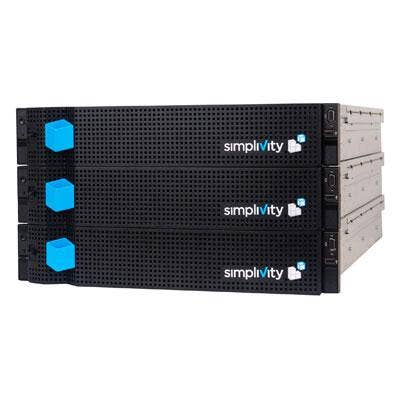
How can VARs help you differentiate from an AWS or other services?
Very importantly, AWS is not our competitor. What is very important, now that the Evaluator Group analysis is available, is that whenever we meet with customers, we hand them this particular study. If you're a CIO, your CEO or your CFO might ask why are you loading more IT on-site? You show them this report that basically states that you as a CIO are going to reduce the total cost by 22 to 49 percent over the course of the next three years. At the same time, we allow that customer to send data on AWS. Hybrid cloud is a very important part of our strategy. To your question about what VARs can do, all we try to help the VARs do is learn about the technology and become self-sufficient, because this is becoming a distribution game. If SimpliVity wins 80 percent of engagements against any competitor, this becomes a question of how many VARs globally know how to properly position, qualify and sell SimpliVity.